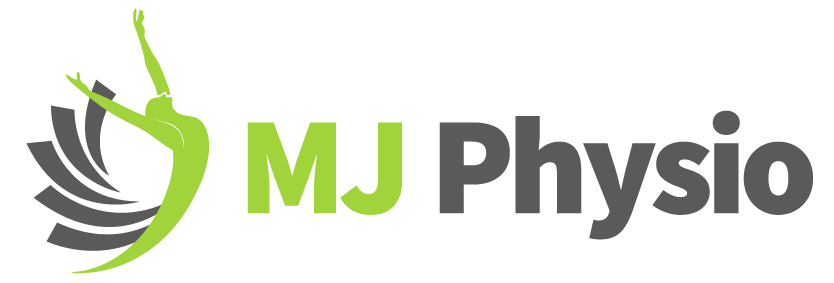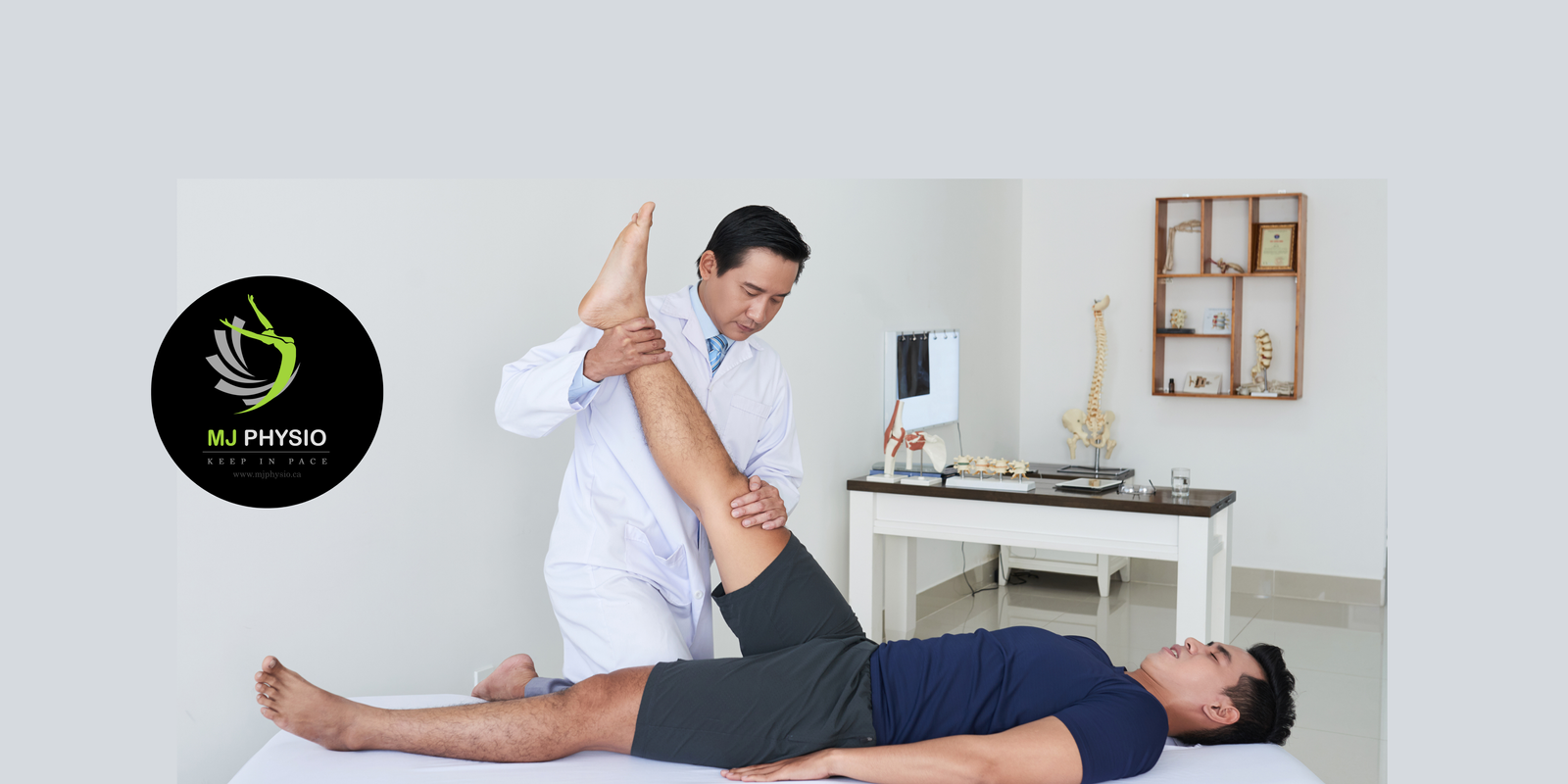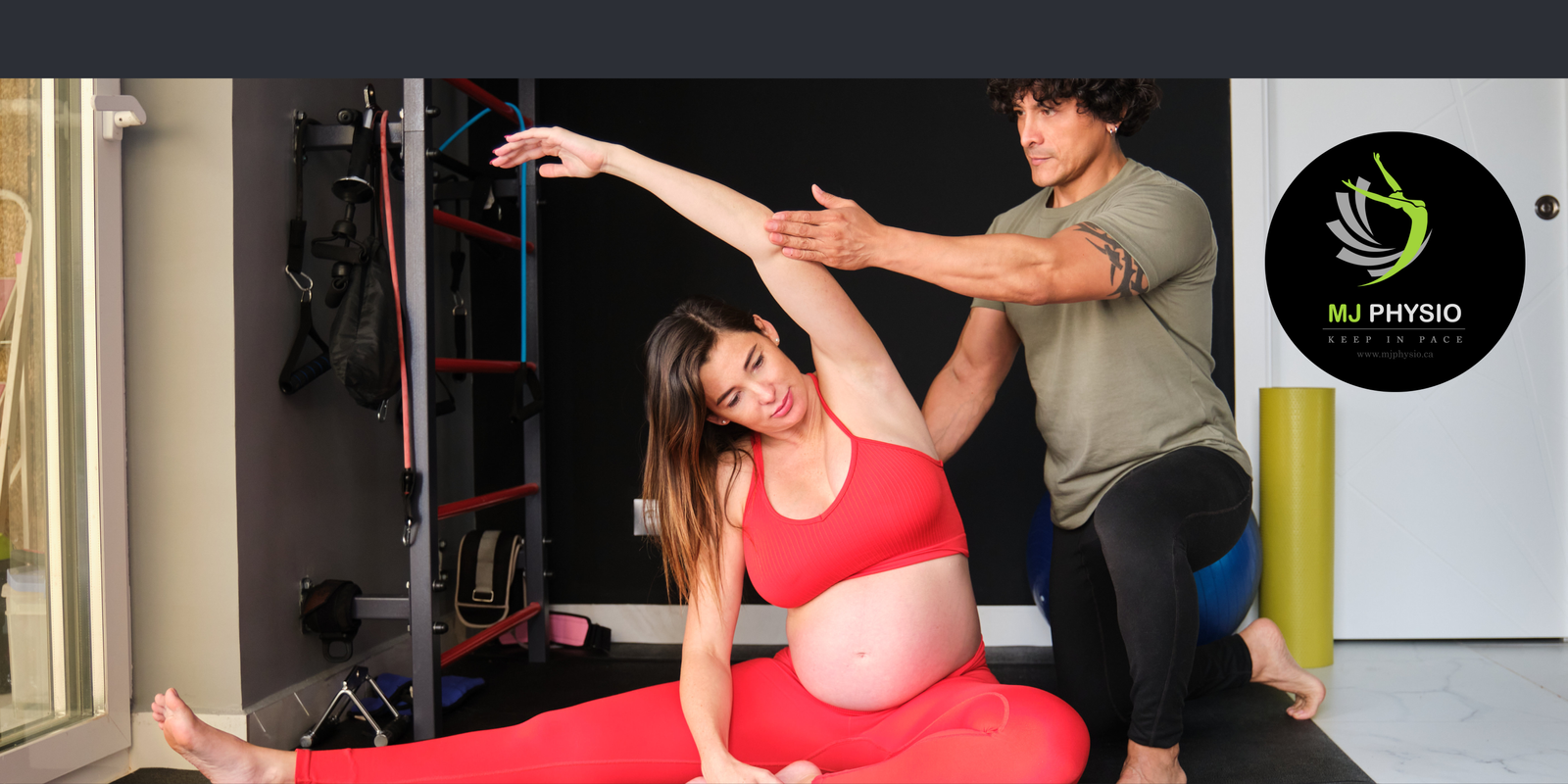A herniated disc is also known as slipped or bulged or ruptured disc. It’s a fragment of the disc nucleus which is pushed out of the annulus, which moves into the spinal canal through a rupture in the annulus area.
A herniated disk refers to the problem in the disk that sits between the individual bones that stack to make the spine. A herniated disk is an indication of spinal decompression. A herniated disk can be noticed anywhere in the spine and this can also cause some disturbance in a nearby nerve. Depending on which part of the spine is affected, one can experience pain in the arm or leg or sometimes could cause numbness too.
Causes
Excessive strain or injury could cause a herniated disc. Disc material naturally degenerates as you age and the ligaments begin to weaken. However, for some individuals, things would be more vulnerable to disc problems and due to this, you might suffer from herniated discs along the spine.
Symptoms
Normally herniated disk occurs in your lower back and might also occur in the neck. However, the pain and symptoms depend on the location of the disk and which nerve it is pressing on.
- Arm or leg pain: If the herniated disk occurs in lower back pain, the pain will be experienced usually in the buttocks, thighs, and calf. You might also experience pain in parts of the foot too. If the disk occurs in the neck, then most pain will be in your shoulder and arm.
- Numbness or tingling: People with herniated disks will often have to radiate numbness or tingling in the body part served by affected news.
- Weakness: Muscles served by the affected nerves become weak and this eventually because you to stumble, or sometimes it could also affect your strength.
Sometimes you might not even see symptoms of a herniated disk. You might not even know the symptoms unless it shows up on a spinal image.

Mjphysio owns a robust way of treating spinal decompress therapy and has its clinic at Surrey, Vancouver, and Fleetwood.



